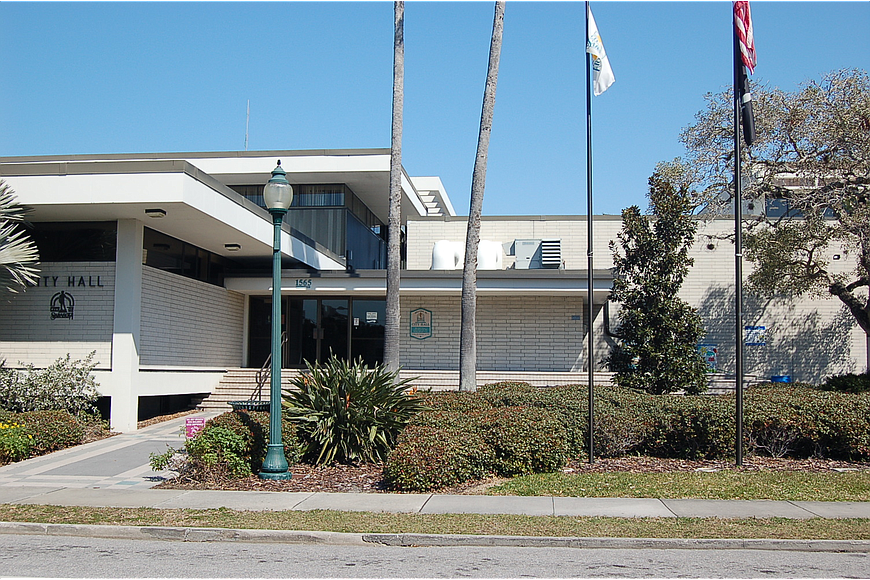- December 21, 2024
-
-
Loading

Loading

For more than a year, the city has operated with a sense of financial uncertainty as it responds to the evolving effects of the COVID-19 pandemic.
Even as leaders express optimism about recovering from an unprecedented health crisis in the near future, officials continue to keep that uncertainty in mind as they prepare to put together a budget for fiscal year 2021-22. On March 15, the City Commission had a preliminary conversation about next year’s budget, with two members offering some preliminary insight into their priorities for the next year.
In addition to any lingering COVID-19 impacts, city staff has already identified a series of changes that will likely affect the upcoming budget. Although some changes are positive — including a projected $1.2 million increase in ad valorem tax revenue from rising property values — most will result in a hit to the budget.
The changes with a negative impact include the end of some county park funding, the creation of a tax increment financing district for The Bay Sarasota project and the resumption of the city’s equipment replacement program, placed on hold because of COVID-19. On balance, the city identified an initial $2.2 million in decreased revenue in the 2022 budget.
Although the city is slated to receive $10.9 million in federal COVID-19 relief funds, City Manager Marlon Brown said he does not want to rely on one-time revenue to cover shortages projected to extend beyond 2022.
“Even if we use it to shore up the budget, you will still have to find those dollars again sometime in the future,” Brown said.
Although a majority of the commission offered little to no feedback for staff at this point in the process, commissioners Hagen Brody and Erik Arroyo shared some early thoughts at the March 15 meeting. Brody expressed some concern the city had not already made plans for covering some easily forecastable budget hits, such as the expiration of county parks funding. Brody said he hoped the city could get to a place of financial stability that could allow for reducing some expenses that residents and businesses incur.
“I think we need to look at our fees, our rates and our taxes and try to figure out how we can lower them for our community.”
As he was running for office, Arroyo said he developed a long list of financial issues he hoped to pursue as a commissioner, and this year’s budget will be his first opportunity to explore those initiatives. Arroyo’s proposals included exploring opportunities for consolidation — both internally across city departments and externally with the county — as well as contracting out the operations of Bobby Jones Golf Club and the city’s parking services.
“A lot of savings could come from stopping all of our inefficient operations,” Arroyo said.
Arroyo noted he is the lone Republican on the nonpartisan City Commission. He said he believed his financial conservatism brought a valuable perspective to the board, but he also expressed optimism about the prospect of putting together a coalition in pursuit of some of the changes he is seeking, including potentially across governmental lines with Sarasota County.
“It makes fiscal sense,” Arroyo said. “It makes sense for them and for us.”
So far, the finance department indicates its efforts to project the effects of the pandemic have held up relatively well. Although the city took a hit on some general fund revenue projections, higher-than-expected income elsewhere meant the city generated $335,495 more than it projected for fiscal year 2020. General fund expenditures were $4.8 million lower than budgeted, and the city finished the fiscal year with a $445,242 general fund surplus.